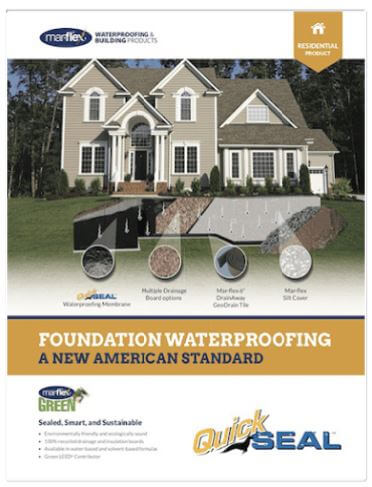Social media is a mixed bag. It can provide endless hours of entertainment – or mind-numbing nonsense, depending on your perspective. It can also be a great place for a product to become a huge sales success, like the company that saw a 300% increase in web traffic and lines out the door following a viral post. Or a place where bad news, a poor review, or even a fake account can damage the company financially like the billion-dollar loss in Eli Lilly stock when an account claiming to be them announced a change in the price of insulin.
Your company probably isn’t big enough to face a billion dollar loss in stock valuation, but it means the world to you and your reputation. And when someone takes to social media to say bad things about your work, the hurt is real. And not just to your ego. People are influenced by what they see online. This is especially true of the complaint goes through a trusted rating service like the Better Business Bureau, HomeAdvisor, or TrustPilot.
When this happens, you need to have a better plan than to hope it goes away.
Here’s what to do when someone criticizes your company online.
Don’t react, merely respond
This piece of advice perhaps should be first. It is tempting when you get a bad review to immediately take to the airwaves with a response that points out the commenter’s faults. But this would be a mistake. You don’t want to react – because in a reactionary state, we say and do things reflexively that, with hindsight, we wish we hadn’t said.
A reactionary response can damage your reputation even more. No one wants to do business with an angry business owner who might attack them on social media!
Take a deep breath. Follow the rest of the advice here. Run the response past a calm trusted advisor to make sure you aren’t making the situation worse. In some cases, if the social media comments are really weird or awful, the right response might be no response at all.
Figure out what happened
First, review your notes to determine exactly what happened. You want to make sure your response is based in fact. This keeps you as a trustworthy source of information, and goes a long way in maintaining your integrity.
Look at the timeline, the concerns, and exactly what they are saying happened. Which steps did you take? Were they the right steps or steps that are in line with industry standards?
Which parts were in your control, and which were out of your control.
It is important to be honest with yourself so you can craft the best response.
Offer a resolution
If you have not already done so, and if an obvious solution is available, offer it. For instance, if there is some question about the timeliness of work done, offer a discount from the final cost. Or if the quality of work wasn’t up to your standards, offer a time to come and fix it.
No one is perfect, not even you. Fixing the issue is the best resolution at this point.
Tell the full story
Now that you know exactly what happened, with the receipts and evidence to back it up, here is the chance to respond. This can be especially helpful if the client is making an unreasonable demand.
By explaining what happened, and showing the steps you took to address the concerns, you show that you are a trustworthy businessperson. No one believes every worker is perfect. So the best we can get is someone who is willing to stick with the work until it is done correctly.
This also helps if the client is making an unreasonable demand – like requesting a full refund for parts and labor, or asking for the entire thing to be redone for free. Your future clients will see that you treated this person as fairly as possible, and will decide that the customer was the unreliable person. This is the best thing that can happen to your reputation.

Photo by AV RAW: https://www.pexels.com/photo/men-dressed-in-armor-at-a-festival-12479511/
